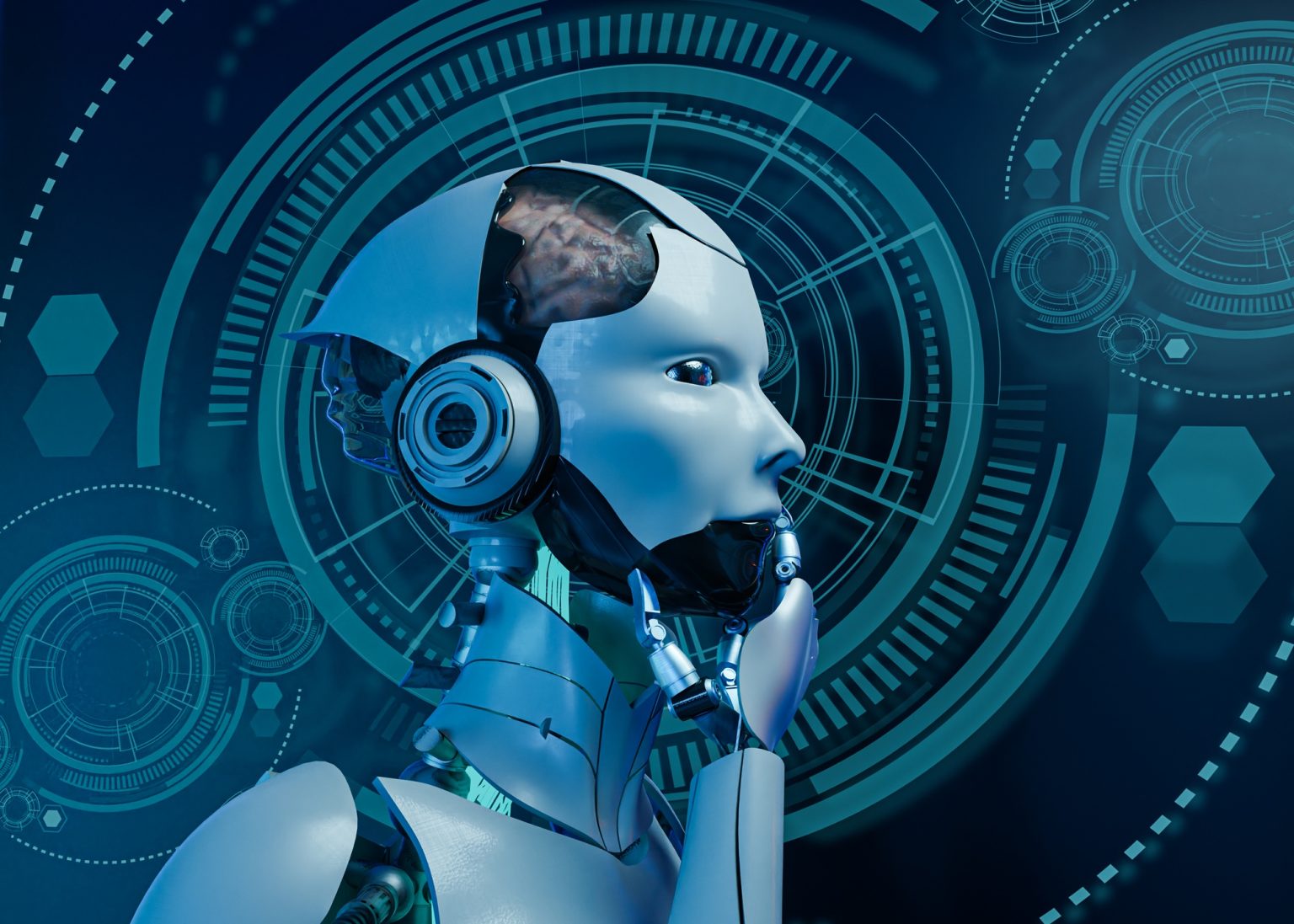AI prompt: “write a 500 short story on the topic of the magic of creativity.”
Surely, we’ve all done something like this before… Whether out of curiosity for the latest fad in Silicon Valley, or perhaps because we just couldn’t get out of writing block this morning! I’ve certainly been there.
And for those who are curious about trying out this prompt in software such as Gemini or Chat GPT or Copilot, you are able to generate all sorts of results in varying measures of quality. You can reset the responses until they are tailored to your preferences. The best part? It’s not just limited to writing anymore! Whether it’s artwork, animation, photography, videography, or video games, AI has got you covered… at least that’s what the tech bros would like you to believe.
I will not deny the artistic merit of Artificial Intelligence. It truly can create wonderful things! Statistics from AIPRM show that nearly half of artists (45.7%) found text-to-image technology very useful in their artistic process, with just under a third (31.5%) finding it somewhat useful. Approximately 1 in 5 respondents (22%) said they had used generative AI in their work. This included 1 in 10 illustrators (12%), a third of translators (37%), a fifth of fiction writers (20%) and around a quarter of non-fiction writers (25%) all by the year 2024!
Furthermore, by 2030, at least one blockbuster film is expected to be released, with 90% of the content generated by AI! As for which film, my lips are sealed.
Studies on this topic even prove that the range and scope of AI in the classification of art is rather extensive. Art has had tons of varying forms and definitions throughout time. There were cave drawings with charcoal and soot. At one point it just meant lines and shapes drawn and painted on a larger canvas that replicated nature and cultures, then it encompassed clay figures and statues. The Rennaissance saw vast developments which changed Western art forever. We produced abstract paintings that prioritized meaning over form. Then we didn’t even get paintings or sculptures at all, with the introduction of digital art and mixed media forms. And that’s not even considering different creative platforms such as writing or music or photography. The truth is that art evolves at outstanding rates.
Creativity means creating something new and valuable, something we’ve never seen before! And if I’ve seen A.I create artwork and video games I enjoy in that vein, does it not mean that it’s creative?
Researcher in cognitive science at the University of Sussex, Margaret Boden certainly agrees with my take. And looking at the statistics I’ve used above, it seems like we’re not the only ones.
However, I’m not a glambot and I certainly don’t want to glamorise A.I when I know the power it has in terms of destroying the creative industry as we know it.
We’ve seen it lead to more than 2000 creators including Sir Elton John, Joan Armatrading and Simon Cowell reacting with disdain. There have been numerous well-documented protests such as WGA and SAG-AFTRA strikes, where workers demand fair compensation for the work they’ve produced.
Why are artists and creators in uproar? Because many of these platforms such as DallE and Midjourney rely on existing artwork created by artists, without their permission or knowledge. Making millions and billions of dollars from their labour! As children’s book author and illustrator Ged Adamson told the Guardian–
“Imagine asking ChatGPT to generate your child’s artwork instead of asking the child. And then sticking that on the fridge. It’s a horrible thought, isn’t it?”
We must remember- just as it has the power to create, it has the power to destroy. The reputation of your favourite artists can be destroyed through misinformation from unreliable readings of the internet. Ounces of water will be drained to power these AI systems. The work of artists will certainly diminish overtime.
The argument is simple- when everyone is an artist, no one will be.
So, what are we supposed to make out from this elaborate artwork we call a debate?
What kind of values do we promote when we allow AI to create art? That anyone can produce creative work no matter how much talent or experience they have? Or is reducing labour a fair goal?
It’s a debate we’ve seen before with the fear over the rise of social media replacing traditional media. So, I argue that whether you’re a fellow A.I optimist or pessimist, we need to work together to find a balance between creativity and productivity that benefits all. So, we better do it fast as A.I. surely isn’t going to slow down.
As for me? I’ll be waiting, with my A.I prompt about creating funny one-liners, to end this article.
Image from www.Freepik.com
Edited by Callum Lee


